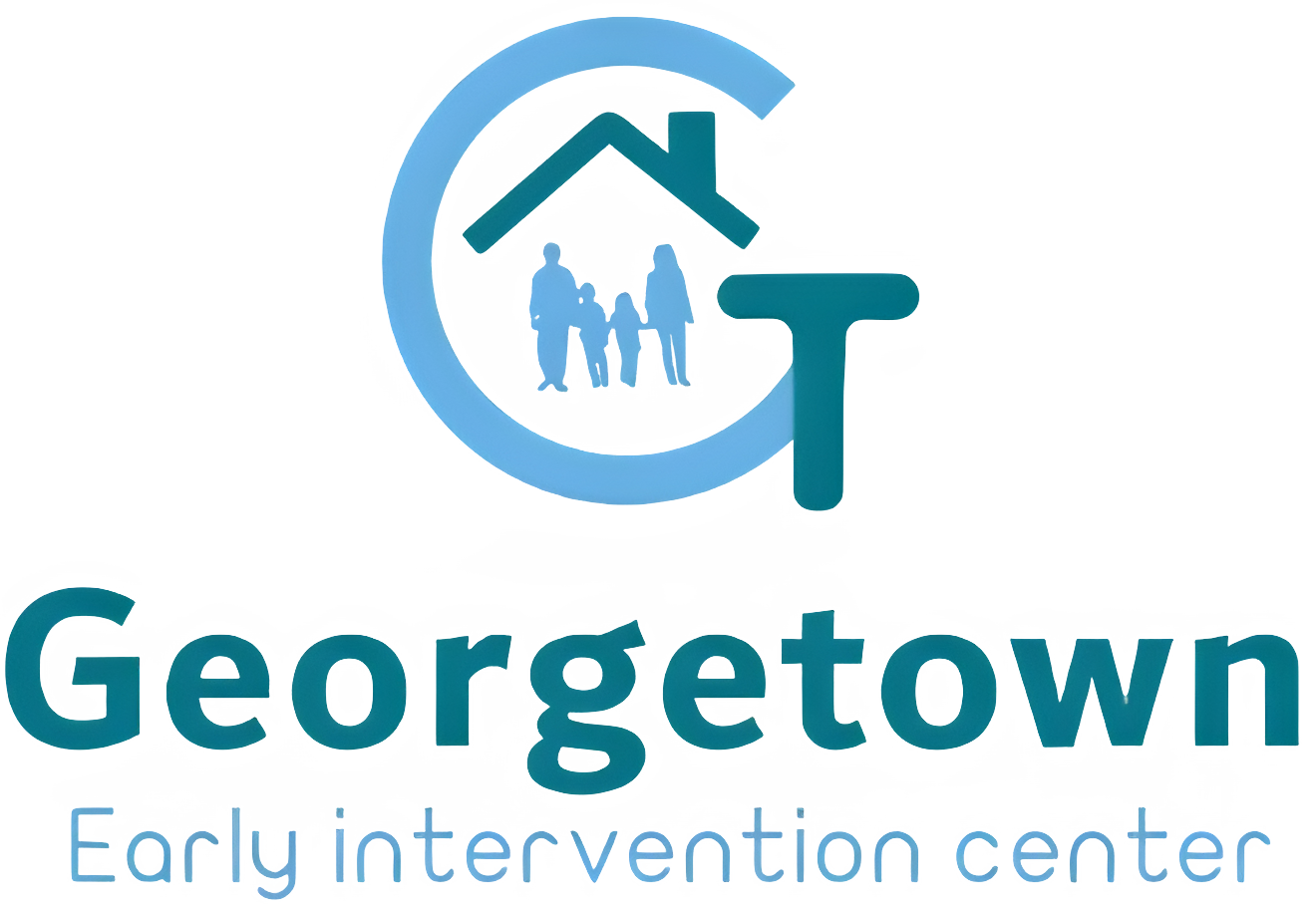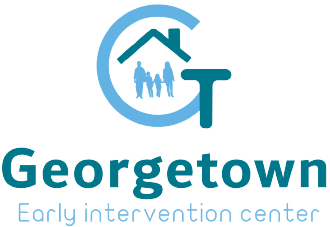
Speech and communication are essential parts of a child’s life and development.
Speech development is a critical part of the physical, emotional, and cognitive growth of children. This means that speech therapy can help children with specific issues such as:
- Stuttering
- Dyspraxia (difficulty with motor skills)
- Autism Spectrum Disorder (ASD)
Introduction
Speech development is a process that starts in infancy and continues until adulthood. It involves the brain, muscles, and nerves. Speech sounds are produced by moving air through the vocal tract (throat). The sound waves vibrate the vocal folds (lips) and create vibrations in your mouth cavity that make it possible for you to speak words or make sounds with your voice box.
Speech development can be affected by many factors including genetics; environmental influences such as noise pollution from factories or construction sites; nutritional deficiencies like iron deficiency anemia which decreases oxygenation within cells causing them not work properly hence resulting in poor coordination between muscle groups which causes problems with movement skills needed during speech production because they don’t function correctly due to lack of energy supply.
The following are signs of speech disorders in children:
Word production problems. Children may have trouble saying certain words or making them sound like they’re trying to talk. This can be because they don’t know how to produce certain sounds or because they’re not aware of what sounds they should be making at different times during conversation.
Speech errors. These may include mispronunciations and substitutions of letters in words; they may also include using wrong words or using too many consonants or vowels in a word.
Hesitation in speaking. Hesitation indicates that something is wrong with how children speak — whether it’s having trouble forming sentences, spacing out between sentences or talking too fast or too slow for the listener to understand what was said clearly.
Speech development is a complex process that involves many factors. The first factor is genetics. Your genes determine how your body develops, and they affect how well you learn to speak. Your parents’ speech patterns also affect how well you develop your own language skills.
The second factor that affects your speech development is how much time you spend on language-related activities (such as reading books and playing games). Language-related activities help children understand words and concepts, which in turn improves their listening skills.
Language-related activities also help children develop speaking skills. For example, if someone says “I’m hungry,” it helps children learn to recognize the word “hungry” and its meaning (e.g., I want food). This allows them to tell others what they need or want without being prompted by an adult.
In addition, language-related activities help children develop vocabulary and comprehension skills by helping them understand what they read in books or hear on television programs or radio stations.
The third factor that affects speech development is hearing loss in either ears due to illness or injury at birth or due to ear infection before age one year old. If hearing becomes
Why Speech Development is Important?
Speech is a vital part of communication. It lets children express themselves, learn new things and even socialize. Children who have speech problems will not be able to do these things at all because they cannot communicate in any way with others around them. Speech development helps children learn how to read and write as well as learn other skills such as math or science (if you want your child to be good at those subjects).
Speaking aloud is also important for helping kids develop their personalities by allowing them to talk about their likes and dislikes so that you can see how much they enjoy something or dislike another thing too!
What are the Benefits of Speech Development?
Speech development is important because it’s a way to communicate. Children use speech to express themselves, understand others and the world around them, talk about their feelings and learn new words. They can also use their voice as a tool for learning how to read and write.
What is the Goal of a Speech Therapist?
The goal of speech therapy is to improve the communication skills of children and young adults with speech and language disorders. Speech therapists work with children, families, teachers and other professionals to help them develop their communication abilities.
Speech therapists typically work with individuals who have difficulty speaking or understanding what they say. Some common conditions they may treat include:* Autism spectrum disorder (ASD)* Apraxia* Cleft palate/lip* Stuttering.
Speech and communication are essential parts of a child’s life and development.
Speech and communication are essential parts of a child’s life and development. The ability to speak clearly, read, write and understand language are skills that children need in order to succeed at school. They also help them communicate with others; for example, they can express their emotions through speech or writing.
Speech is one of the most important skills that children learn at home as well as at school because it helps them express themselves verbally while also helping them develop social skills such as interacting with others on an emotional level (e.g., laughing together). Speech can also be used when speaking in front of groups like teachers or parents who may ask questions about what happened during class time so there should always be plenty
of space around you when doing this activity so there won’t be any distractions because if somebody walks past then maybe they’ll stop talking too!

